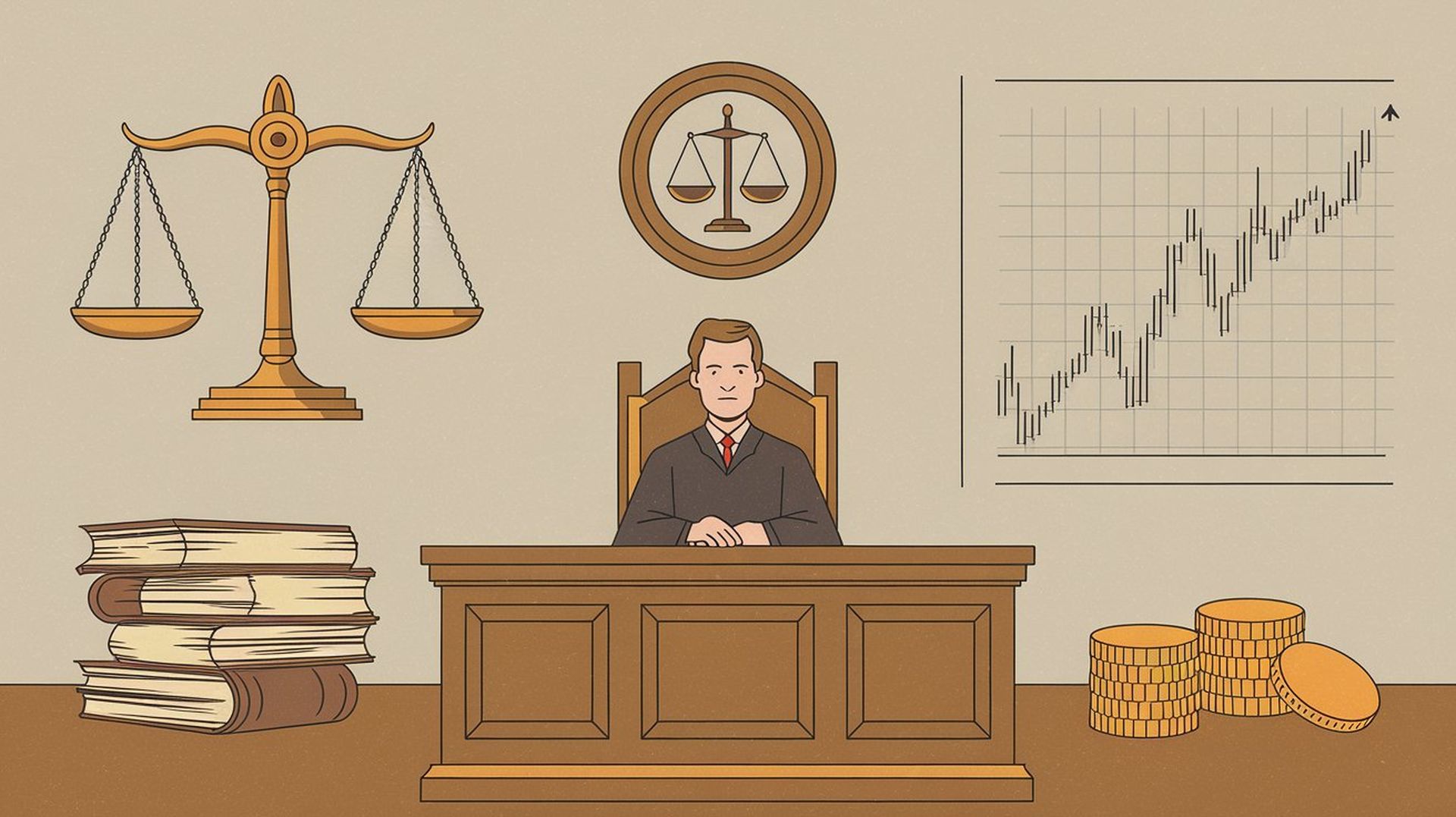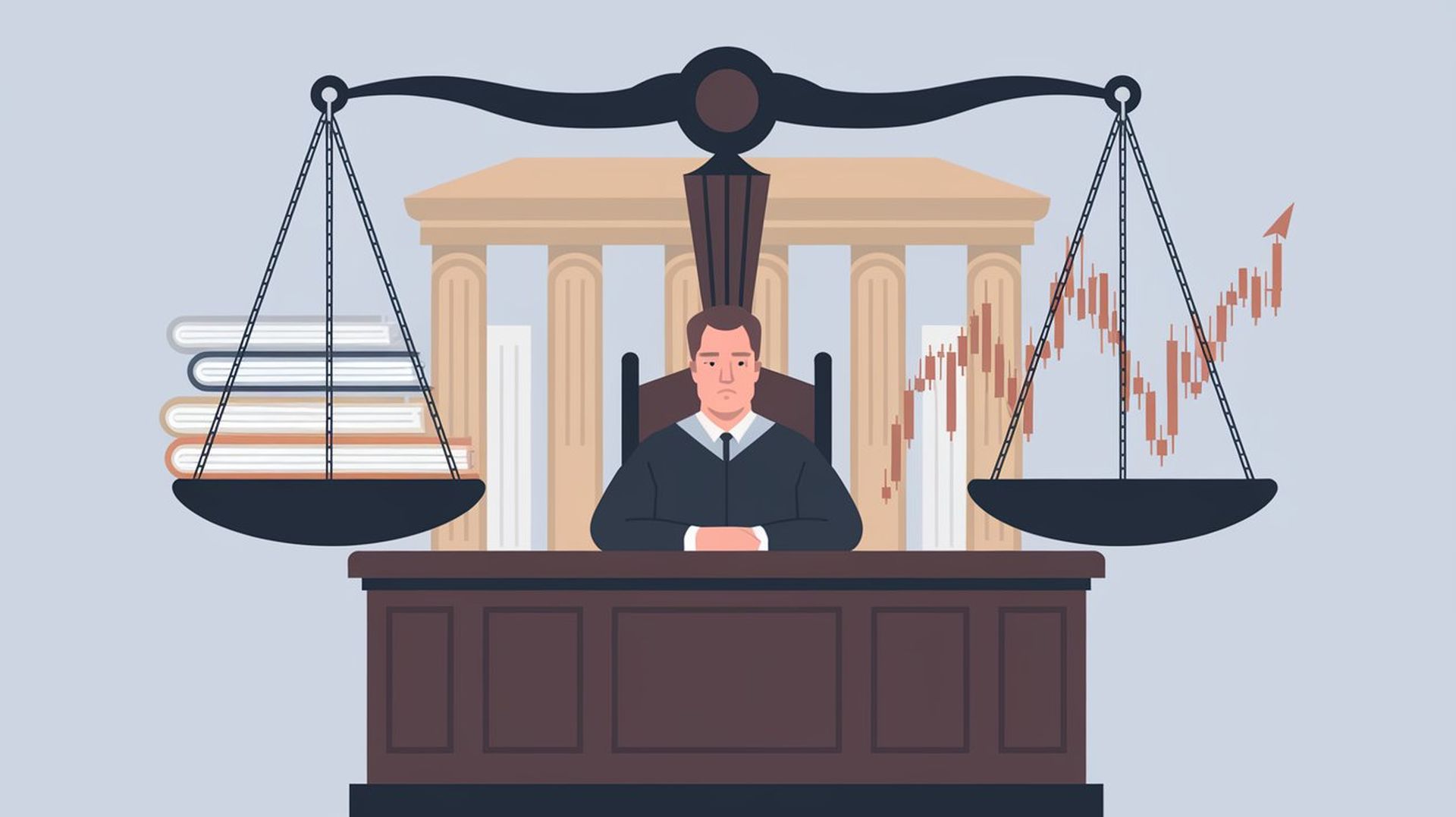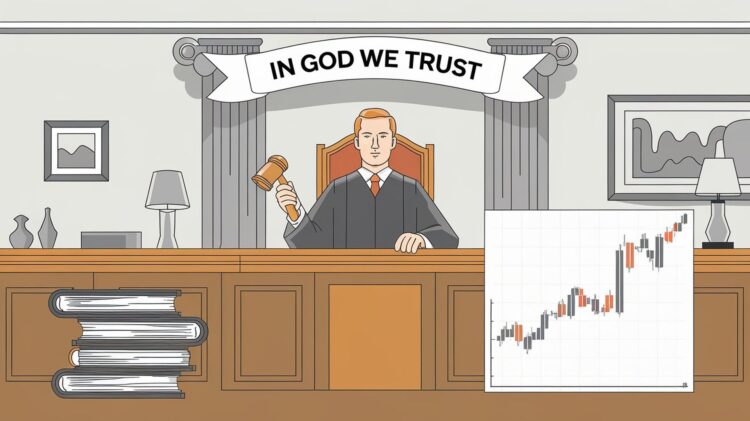The watchdog Media Matters has been scrutinized for its finances and is being sued by Elon Musk over Tesla, the electric car company he owns. The new records also showed that U.S. District Judge Reed O’Connor, who had been determining Musk’s side, bought and sold Tesla stock in 2023, the same year the lawsuit was filed.
Yet, after 2023, financial disclosure reports raised concerns about potential conflicts of interest as O’Connor invested in Tesla. Legal ethics experts raised the question: Is the judge still interested in the Tesla shares in question, or did he sell his Tesla shares after he agreed to take on Musk’s case? Newly released documents say O’Connor also held Tesla shares at the end of 2023, a year after accepting the case in November, and never made any transactions after taking the case.
Tesla stock holdings complicate judges role in Elon Musk lawsuit
The financial link between O’Connor and Tesla is the point of interest, as O’Connor handles a case that could, in turn, affect Musk’s empire. Legal experts say that any ruling in Musk’s favor against Media Matters could bolster Tesla’s stock price, even though the electric car company is not directly a party to the case. The judge’s repeated rulings favoring Musk — the only side in the case to gain active wins — fueled such concerns.
These questions aside, newly available financial records indicate that Judge O’Connor didn’t conduct any Tesla transactions after November 2023, when he became involved in the lawsuit. The judge, however, had bought and sold Tesla shares before November—the last recorded sale was in September. The U.S. Courts said that the financial disclosures he filed showed that his total investment in Tesla was between $15,001 and $50,000.

Ethics experts, including Richard Painter of the University of Minnesota Law School, say such cases call for recusal. Federal laws require judges to step aside if they or someone in their family would financially benefit from the result. Painter said that the lawsuit wasn’t directly linked to Tesla’s stock price is no excuse, though it may certainly affect Musk’s reputation and, therefore, Tesla’s.
In the legal community, the terms of the lawsuit have drawn eyebrows because they extend beyond the economic interests of a judge. Musk’s social media platform, X, recently updated its terms of service to handle legal disputes through courts that include O’Connor’s district. Despite X’s location in Austin and being a data privacy company, the platform’s terms state that it will handle any legal fights with its users in either the federal court of the Northern District of Texas or the state court of Tarrant County, Texas.
Critics argue that this move attempts to “judge shop”—steering cases to a judge likely to deliver favorable outcomes. However, this tactic runs counter to the federal system’s preference for convenience and typically requires court cases to be heard in local courts where the parties involved are located, Steve Vladeck, a legal ethics professor, said. But this time, neither X nor Media Matters is headquartered in Texas, and the case against Musk’s team was filed in Judge O’Connor’s district — where there may be a favorable verdict.
Media Matters raised questions about O’Connor’s involvement because he has investments in Tesla, which Musk has sued against. The watchdog group asked in August for a full disclosure of all parties with a financial interest in the case. Media Matters said papers should scrutinize the judge’s investments given Musk’s involvement and the role it could play in affecting Tesla’s stock price.
But O’Connor effectively flung that request away, saying his Tesla shares meant nothing to the case. Tesla asserts that it does not hold any equity in X and doesn’t act as an advisor for the company. O’Connor saw Media Matters’ attempt to push for further disclosure as an attempt to force his recusal through what he called “gamesmanship,” leading him to rule that the group must cover X’s legal fees related to the request.

However, in August 2024, O’Connor recused himself from another Musk-related suit. In that case, Musk sued the World Federation of Advertisers, and O’Connor stepped aside because of his investment in Unilever, a defendant in that lawsuit. That decision fueled the debate about his involvement in Musk’s legal battles but also muddied the decision, sinking this case deeper into legal muck.
The larger debate on judge shopping
O’Connor’s involvement in Musk’s cases has sparked broader conversations about the practice of “judge shopping.” Filing cases in districts that seem more favorably inclined to the critics would undermine the fairness of the judicial system. This issue has become prominent in the Northern District of Texas, where O’Connor works, with many accusing plaintiffs of abusing the system to work in their favor.
And the increasing frequency of judge shopping in Texas, said Jennifer Ahearn, senior counsel for the Brennan Center’s Judiciary Program. ‘That really kind of sets a bad precedent for the judiciary’s reputation, and that has the inherent ability to potentially question the impartiality of decisions in these cases,’ she added.
In recent comments, Judge O’Connor deflected the criticism, reassuring conservatives at a Fort Worth conservative conference that the accusations were ‘mostly baseless.’ The judge’s comments were meant to calm the situation, but Tesla’s ongoing debate over his financial ties to the company and his role in Musk’s lawsuits isn’t shutting up soon.
Judge O’Connor’s disclosures of his financial affairs have put a magnifying glass on the ethical problems that can beset the judiciary, particularly those in highly visible cases involving such prominent public figures as Elon Musk. While no laws were technically broken, Musk’s lawsuit has prompted serious questions over conflict of interest, transparency, and fairness in the courtroom because of the judge’s involvement. However, as the case unfolds, questions about the crossing of law, finance, and influence will probably persist.
Image credit: Furkan Demirkaya/Ideogram





